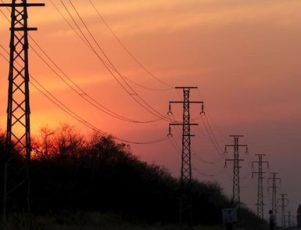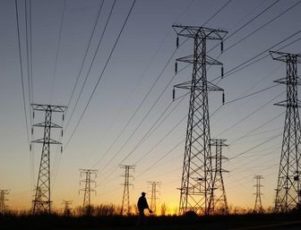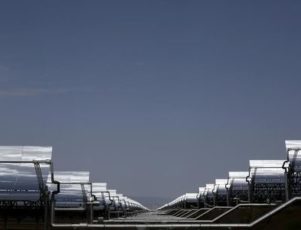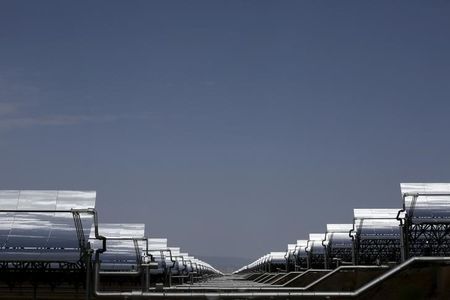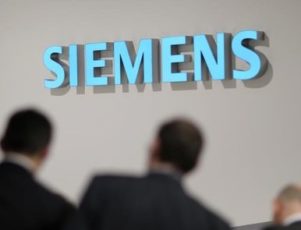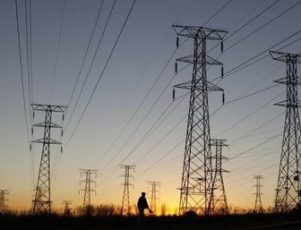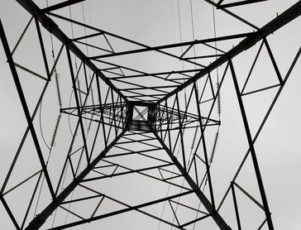LUSAKA (Reuters) – Zambia was plunged into a blackout on Tuesday affecting almost the whole of the country, the state power utility Zesco Ltd said.
“Almost the whole country except for Southern and Western province has experienced a power failure but we are yet to establish what has caused it,” Zesco spokeswoman Bessie Banda told Reuters.
Most of Zambia was affected by a power blackout on Dec. 11 because of a technical fault and supply was restored only the following day.
The southern African country, the continent’s second biggest copper producer, has been grappling with power shortages related to a searing drought as levels in the Kariba dam, which provides much of the nation’s electricity, drop.
Zambia’s Konkola Copper Mines (KCM), owned by Vedanta Resources, said after the Dec. 11 blackout it would suffer slight output losses.
An electricity shortage and weaker copper prices due to slower growth by top consumer China have threatened output and jobs in the mining industry, with the slow-down putting Zambia’s currency on the back foot against the dollar.
(Reporting by Chris Mfula; Writing by Ed Stoddard and Richard Balmforth; Editing by Kevin Liffey)


